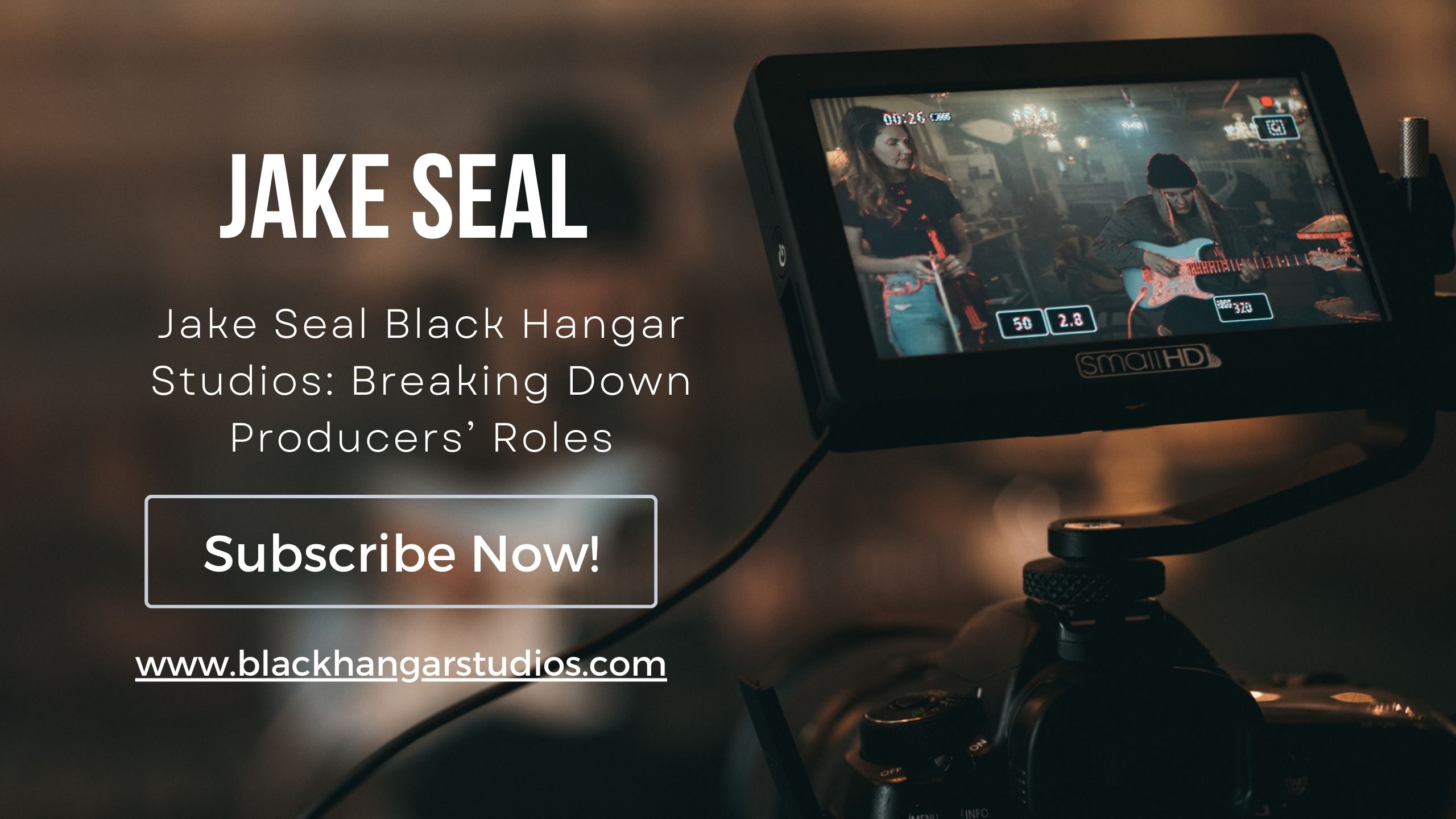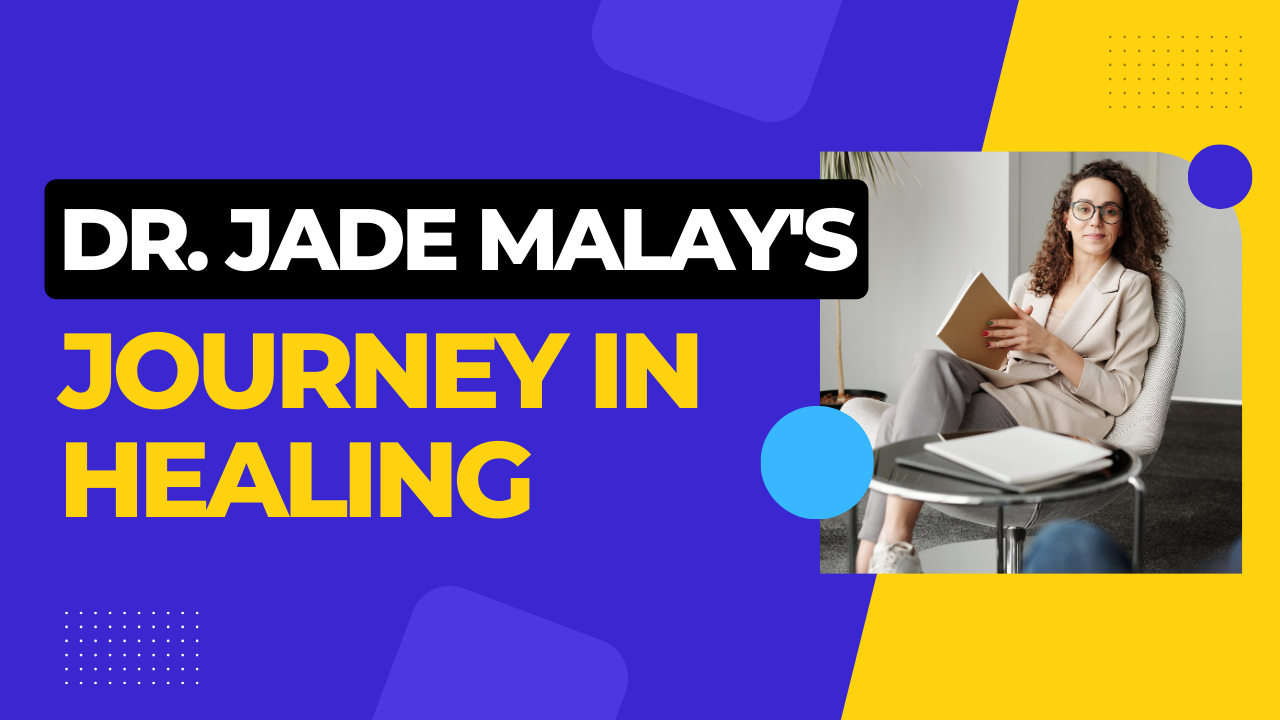In a world striving for equality and inclusivity, it’s vital to examine the many biases and prejudices that persist within our society. One such often overlooked but deeply ingrained form of discrimination is adultism. This blog will delve into the concept of adultism, shedding light on its impact, prevalence, and the steps we can take to combat it.
Also Read: BubbleBratz – Wiki, Bio, Facts, Age, Height, Boyfriend
What is Adultism?
Adultism is a system of discrimination and prejudice against young people, based on the belief that adults are inherently superior and more knowledgeable than children and adolescents. It’s a concept that often goes unrecognized, despite its pervasive presence in our daily lives. This prejudice can manifest in various ways, from policies and laws that limit the rights and freedoms of young people to the everyday interactions and attitudes that dismiss their opinions and experiences.
Prevalence of Adultism
Adultism is deeply ingrained in our culture, and it’s essential to recognize that it’s not limited to a specific group or community. It’s a pervasive bias that affects all aspects of society, including education, healthcare, family dynamics, and more. Some common examples of adultism include:
- Limited Decision-Making: Children and adolescents often have little to no say in decisions that directly impact their lives, such as their education, healthcare, or even their living situation. These decisions are usually made by adults without consulting the individuals affected.
- Ageist Stereotypes: Society often perpetuates stereotypes about young people, assuming they are irresponsible, immature, or unreliable solely based on their age. This can hinder their opportunities and access to resources.
- Inequitable Policies: Legal restrictions, such as curfews, driving age requirements, and voting age limitations, are examples of policies that can be seen as inherently adultist.
The Impact of Adultism
The consequences of adultism are far-reaching and can have a lasting impact on young people. Some of the key effects include:
- Suppression of Voice: Adultism silences the voices of young people, making them hesitant to express their opinions or needs.
- Low Self-Esteem: Constant dismissal and condescension can lead to low self-esteem, affecting a young person’s self-worth and self-confidence.
- Missed Opportunities: Discrimination can limit access to educational and professional opportunities, perpetuating the cycle of inequality.
- Mental Health Issues: The stress and frustration that come with adultism can lead to mental health issues, such as anxiety and depression.
Also Read: Exploring Erome: Your Guide to a New Adult Content Platform
Combatting Adultism
Recognizing and addressing, It is essential for building a more equitable society. Here are some steps we can take:
- Listen Actively: Actively listen to young people, respect their opinions, and involve them in decision-making processes that affect their lives.
- Challenge Stereotypes: Be aware of ageist stereotypes and challenge them when you encounter them, both in your personal and professional life.
- Advocate for Change: Support policies and initiatives that aim to combat adultism, such as lowering the voting age or advocating for comprehensive physical education.
- Educate Ourselves: Educate yourself and others about the concept of adultism and its impact on young people. Read books, attend workshops, and engage in open discussions.
Conclusion
Adultism is a deeply ingrained bias in our society that often goes unnoticed. However, its effects on young people are significant, hindering their personal development and access to opportunities. To build a more inclusive and equitable world, we must acknowledge and actively combat adultism by challenging stereotypes, involving young people in decision-making processes, and advocating for policies that promote their rights and well-being. By taking these steps, we can work toward a future where young people are respected, heard, and given the opportunities they deserve.


























